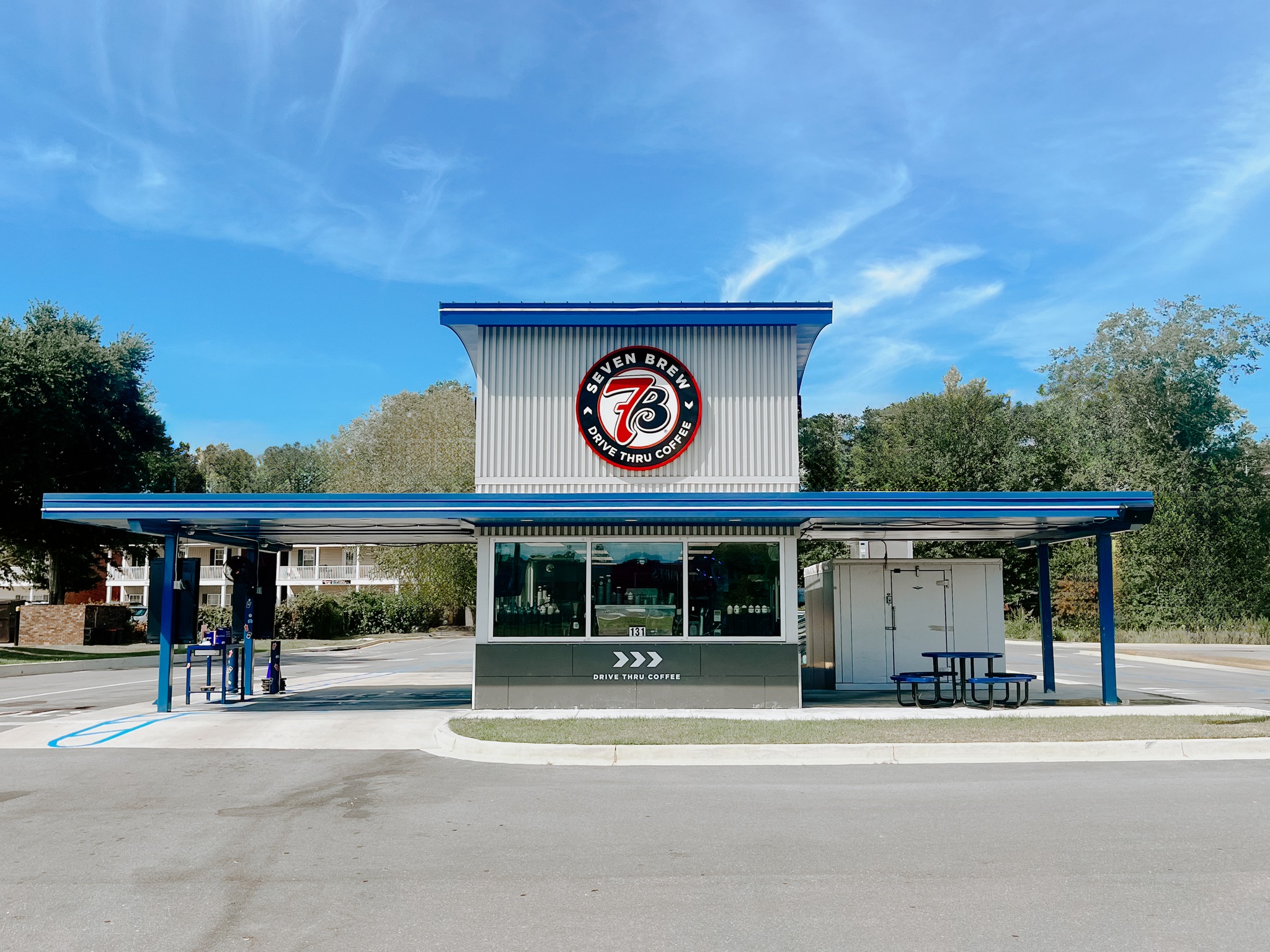The Yale Budget Lab shared estimates om how much more the average consumer can expect to spend when new tariffs go into effect.
With a broad set of tariffs set to take effect this weekend, experts say it will be hard for consumers to avoid cost increases.
In fact, the Budget Lab at Yale estimates all tariffs put in place by President Donald Trump since taking office will result in the average family spending another $4,000 a year.
“One thing to keep in mind is that in a trade war, there’s really no place to run, no place to hide,” Budget Lab at Yale Executive Director Martha Gimbel said.
Trump has maintained that the tariffs will ultimately help the nation’s economy.
Get top local stories in Connecticut delivered to you every morning. Sign up for NBC Connecticut's News Headlines newsletter.
He said the tariffs will encourage companies to move operations, especially manufacturing, back to the U.S. and give the country leverage in trade negotiations.
“The markets are going to boom, the stocks are going to boom,” he told reporters Thursday. “The country’s going to boom, and the rest of the world wants to see is there any way that we can make a deal.”
But Thursday, Wall Street saw it’s biggest drop since the beginning of the pandemic.
Local
“It's been a number of years since we've seen a dip of this magnitude in a single day, probably going back to the initial stages of Covid,” said Heath Grossman, a partner with Johnson Brunetti.
Grossman said he didn’t get a lot of calls from clients Thursday, guessing many were taking a wait-and-see approach. He suggested others fallow suit.
“Don't react,” he said. “We don’t want to be reactive to things we ultimately don’t control.”
While Thursday’s tumble was steep, Grossman said long-term investors should plan for ups and downs by diversifying investments and thinking about their goals.
He did say investors who have money to invest should consider a time to buy stocks, as long as they first consider their confidence in the market going forward.
“Is this the low point or are we going to test that low point – we don’t know,” he said.
As for consumers, Gimbel said clothing may be where people feel the tariffs the most.
She noted the U.S. imports the vast majority of the clothing sold and estimates the average consumer will pay an additional 17%.
Wayne Pesce, executive director of the Connecticut Food Association, said grocery stores are waiting to see what happens to the food they carry.
He does anticipate imported wines, liquor, and beer will rise, as will many staple foods.
“Dairy and egg products, red meat, poultry, seafoods, feed additives, grains, oils and seeds, fruits and juices, sugar sweet sweeteners, nuts, vegetables, produce – you name it,” he said.
Gimbel said she’s worried lower income households will feel the tariffs the most, since daily needs already account for most, if not all, of their spending.
“If you’re poorer, so much of what you are buying is food, it’s gas, it’s clothes for your kids, it’s housing,” she said.
Experts acknowledge tariffs could help Trump’s stated goal of growing manufacturing.
Connecticut Business and Industry Association Vice President of Policy Chris Davis said Connecticut could benefit from a general growth in manufacturing.
The state specializes in advanced manufacturing, including making the kinds of equipment needed to automate other types of manufacturing.
But he warned Connecticut companies are already struggling to hire, a problem that could detour employers looking to move into the U.S. or expand operations here.
“With 92,000 job openings, and 5,000 to 6,000 of those openings on a monthly basis being in the sector, there’s concerns that we don’t have the workforce capacity,” he said.
He also warned many companies will still need to pay tariffs on the goods and raw materials they need for manufacturing.
University of New Haven professor Brian Marks says building out operations takes time, often years.
Many experts have raised their concerns about a recession in the near term, though, Marks said that could force the U.S. to abandon tariffs long before the country sees any growth in manufacturing.
“If you break Humpty-Dumpty, because there are so many parts here, it may be almost impossible to put it all back together to achieve that quote golden age,” he said.



